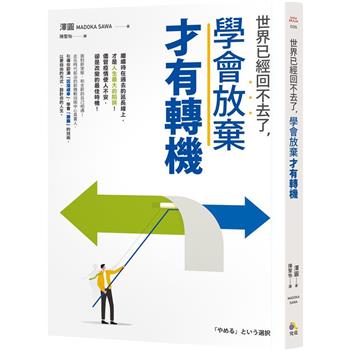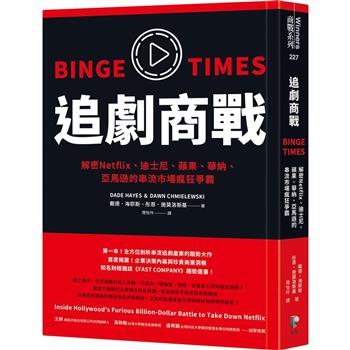This book not only focuses on the practical applications of data science to achieve computational excellence, but also digs deep into the issues and implications of intelligent systems.
| FindBook |
有 1 項符合
Data Science and Innovations for Intelligent Systems: Computational Excellence and Society 5.0的圖書 |
 |
Data Science and Innovations for Intelligent Systems: Computational Excellence and Society 5.0 出版社:CRC Press 出版日期:2024-10-04 語言:英文 規格:平裝 / 366頁 / 普通級/ 初版 |
| 圖書館借閱 |
| 國家圖書館 | 全國圖書書目資訊網 | 國立公共資訊圖書館 | 電子書服務平台 | MetaCat 跨館整合查詢 |
| 臺北市立圖書館 | 新北市立圖書館 | 基隆市公共圖書館 | 桃園市立圖書館 | 新竹縣公共圖書館 |
| 苗栗縣立圖書館 | 臺中市立圖書館 | 彰化縣公共圖書館 | 南投縣文化局 | 雲林縣公共圖書館 |
| 嘉義縣圖書館 | 臺南市立圖書館 | 高雄市立圖書館 | 屏東縣公共圖書館 | 宜蘭縣公共圖書館 |
| 花蓮縣文化局 | 臺東縣文化處 |
|
|
內容簡介
作者簡介
Kavita Taneja is an Assistant Professor at Panjab University, Chandigarh. She obtained her Ph.D. in Computer Science and Applications from Kurukshetra University, Kurukshetra, India. She has published and presented over 60 papers in National/International Journals / Conferences and has bagged best paper awards in many Conferences including IEEE, Springer, Elsevier, ACM and many more. She is reviewer of many reputed Journals and has been Technical Program Committee member of many conferences. She has also authored and edited computer books. She has more than 18 years of teaching experience in various Technical institutions and Universities. She is also member of BoM, Academic Council and Board of Studies of many Universities and Institutions. She has guided scholars of Ph.D. / M.Phils., more than 100 PG students of various universities and currently 04 students are pursuing Ph.D. under her guidance at Panjab University. Her teaching and research activities include Mobile Ad hoc Networks, Simulation and Modelling and Wireless Communications.
Harmunish Taneja is an Assistant Professor at DAV College, Sector 10, Panjab University, Chandigarh. He obtained his Ph.D. in Computer Science and Applications from Kurukshetra University, Kurukshetra. He is having more than 21 years of teaching and research experience. He has guided 05 M.Phil. students and more than 90 PG students of various universities. 04 students are pursuing Ph.D. under his guidance. He is reviewer of many reputed Journals and has been Review Committee member of many conferences. His research interests are Information Computing, Mobile Adhoc Networks, Image processing, Data Science, Recommender systems and System Simulation. He has published and presented over 55 papers in International Journals / Conferences of repute. He has also authored books of Computer Science and Applications.
Kuldeep Kumar works at the Department of Computer Science and Engineering, National Institute of Technology Jalandhar, India. He received his PhD degree in Computer Science from the National University of Singapore in 2016. Prior to joining the institute, he worked for 2 years in the Birla Institute of Technology and Science, Pilani, India. He received his PhD in Computer Science from the School of Computing, National University of Singapore (NUS SoC), Singapore in 2016. He has several publications in reputed international journals/conferences.
Arvind Selwal works as Assistant Professor in the Department of Computer Science and Information Technology, Central University of Jammu, India. His research interest includes machine learning, biometric security, digital image processing and soft computing. He has contributed more 25 research articles in reputed International Journals He has authored a book titled "Fundamentals of Automata Theory and Computation". He is an active member of Computer Society of India (CSI). He is undertaking two research projects from DRDO, New Delhi, India.
Eng Lieh Ouh obtained his PhD in Computer Science (Software Engineering) from the National University of Singapore. He is involved in several large-scale information technology industry projects for a decade at IBM Singapore and Sun Microsystems before joining academia as an educator. His research areas are software reuse, software architecture design, design thinking and software analytics. He has experiences delivering courses for the postgraduate students, undergraduate students and industry participants in the software engineering areas including design thinking, practical software architecture design, security engineering and mobile development. He received multiple teaching excellence awards and industry projects recognition awards throughout his career.
|











